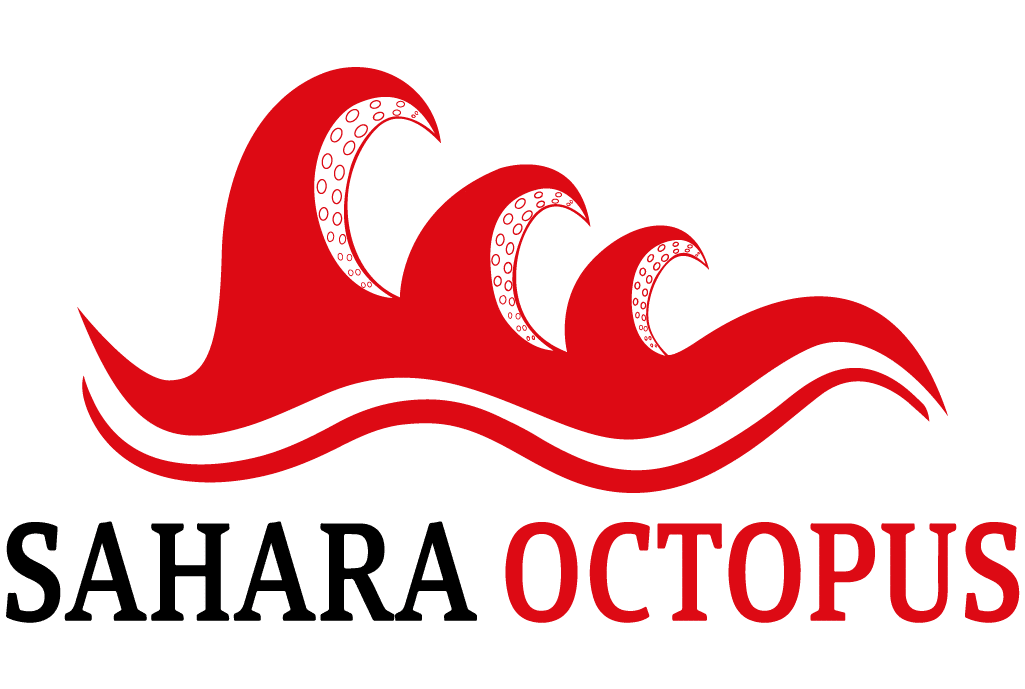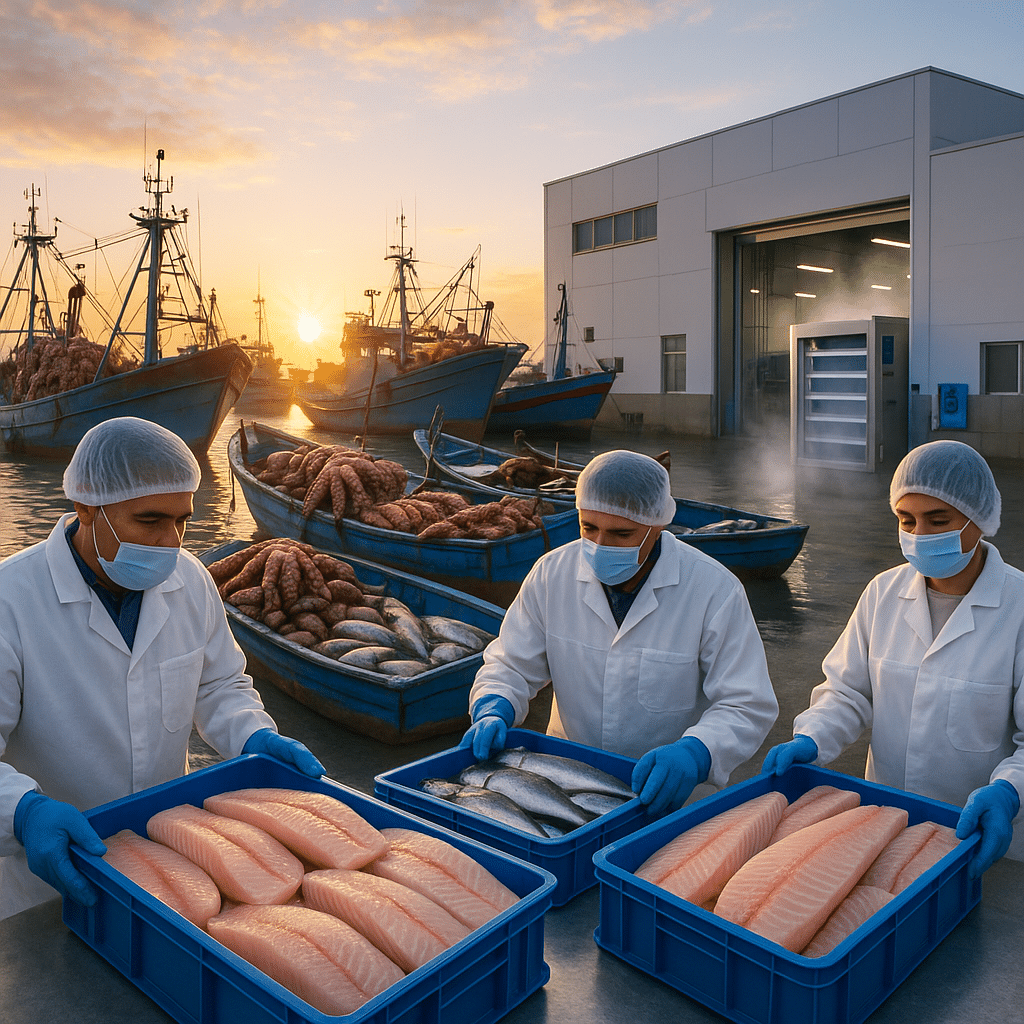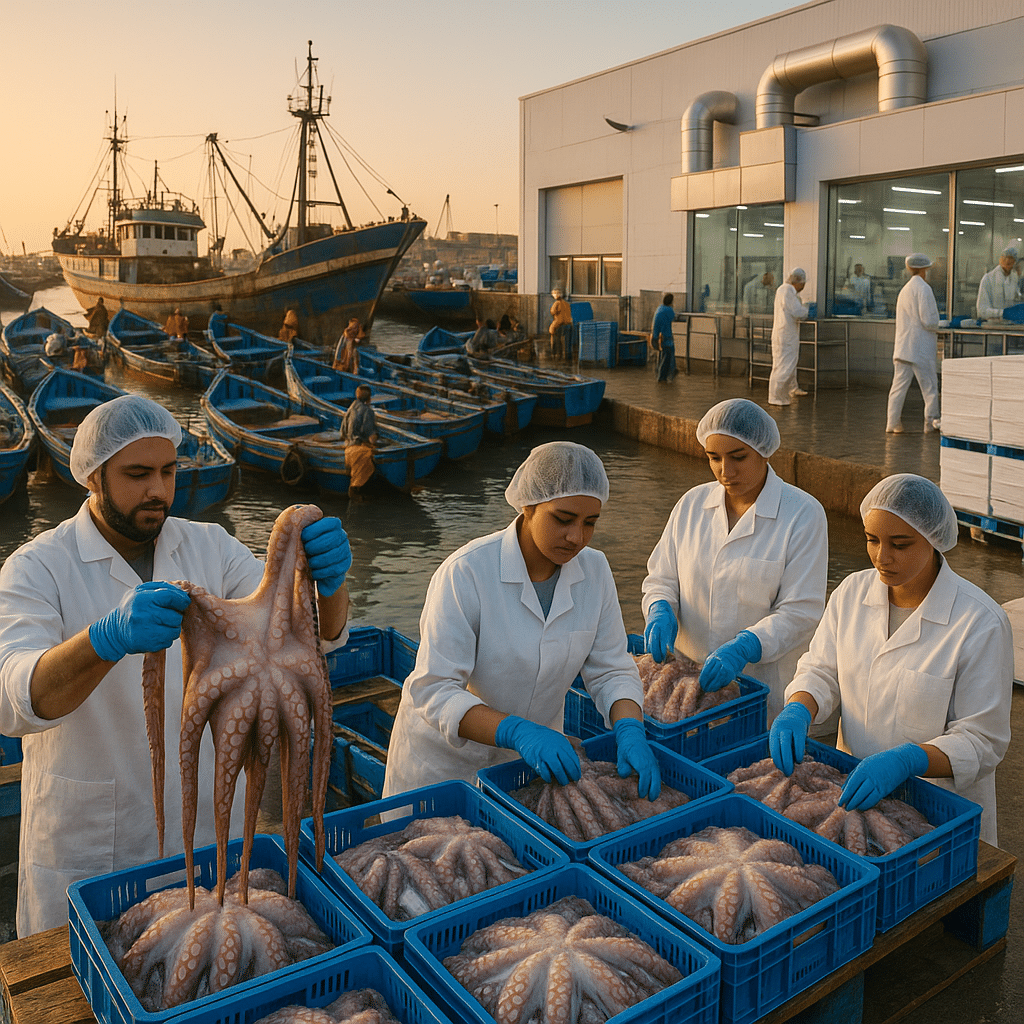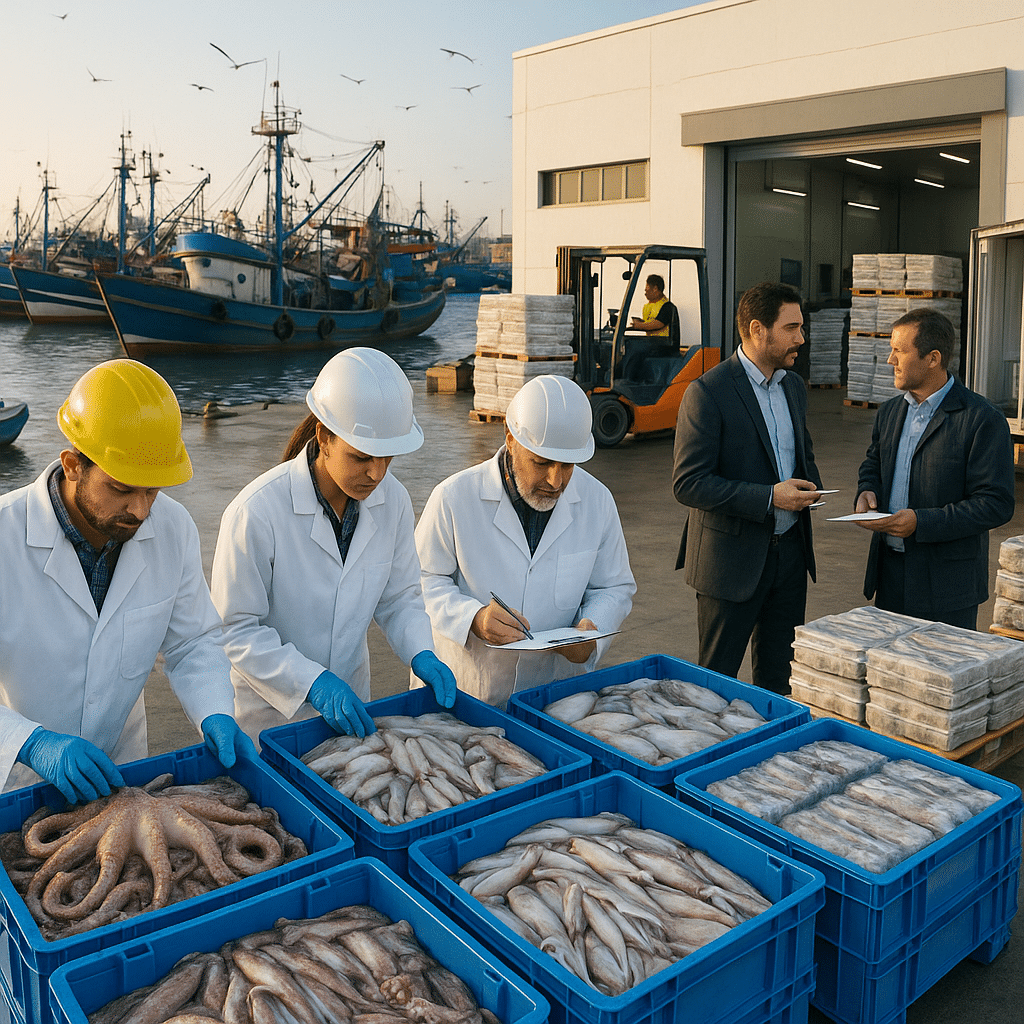Key Takeaways
- Moroccan fish fillet quality standards : Morocco has emerged as a global leader in seafood exports, stemming from its refined quality standards, sustainable fishing practices, and adherence to international regulations.
- This guide examines how Moroccan fish fillet quality standards, backed by the Halieutis framework, ensure superior quality while prioritizing sustainability.
Introduction
Ensuring the highest quality standards in seafood is not simply a goal for Moroccan exporters—it is a commitment that has positioned Morocco as a prominent leader in fish fillet production. Supported by the Halieutis framework, which integrates rigorous quality control mechanisms and sustainable fishing practices, Moroccan fish fillet quality standards redefine what it means to deliver premium products to global markets responsibly.
From sourcing fish in the pristine Atlantic waters of FAO Zone 34 to employing advanced techniques like IQF freezing, each step is meticulously executed to retain freshness, optimal texture, and superior taste. For international buyers, particularly in markets such as Europe, this approach ensures smooth compliance with stringent standards, higher reliability, and confidence in long-term partnerships.
Let us delve into the comprehensive systems behind Morocco’s fish fillet quality standards and explore how this commitment to precision, sustainability, and global compliance raises the benchmark for seafood exports worldwide.
Moroccan Fish Fillet Quality Standards: A Benchmark for Excellence
The Halieutis Framework: A Holistic Integration of Quality Control and Sustainability
Morocco embodies excellence in seafood exports through its Halieutis framework—a national strategy that smartly combines quality control with marine sustainability initiatives. Introduced in 2009, this comprehensive approach addresses environmental conservation, effective resource management, and sustainable economic growth within Morocco’s seafood sector.
Core Principles of Halieutis
- Sustainable Resource Utilization: The framework promotes selective harvesting methods to reduce overfishing, particularly in FAO Zone 34. This reduces bycatch and ensures compliance with marine biodiversity objectives.
- Integration of Quality Control: Halieutis mandates stringent quality checks throughout the stages of processing, from catch to export. These checks preserve the reputation of Moroccan fish fillets as premium options in global seafood markets.
- Traceability: Leveraging end-to-end tracking systems, Morocco ensures transparency from the origin of the product to its final destination. This compliance fosters trust among international buyers.
By linking sustainability initiatives with quality enforcement, the Halieutis framework distinguishes Morocco in the global seafood industry. As a result, Moroccan fish fillet exporters reliably meet the high standards of demanding markets, particularly within the European Union.
Advanced Fish Processing Standards: Ensuring Superior Export Quality
The unparalleled renown of Moroccan fish fillets stems from a robust processing ecosystem designed to surpass stringent international seafood quality standards. This section explores the key factors sustaining this global reputation.
Processing Technologies and Techniques
Technological advancements play a pivotal role in Moroccan fish processing. For example, methods such as block freezing and individual quick freezing (IQF) are routinely used. These technologies ensure nutritional content, taste, and texture are preserved throughout the supply chain.
Certifications and Quality Systems
Moroccan fish fillet exporters comply with globally recognized certifications, ensuring exceptional health, safety, and traceability standards. These include:
- HACCP (Hazard Analysis and Critical Control Points): Guarantees adherence to stringent food safety measures.
- ISO 22000: Validates the presence of robust food safety management practices.
- MSC (Marine Stewardship Council) and FOS (Friend of the Sea): Reflect Morocco’s dedication to sustainable fishing.
These certifications not only signify compliance but also serve as a mark of reliability. For buyers, this translates into consistent quality and eco-friendly sourcing, which remains a key differentiator in competitive markets like the EU or Japan.
Meeting and Exceeding International Standards
Through rigorous adherence to global regulations, Morocco ensures its fish fillets remain highly sought-after in competitive international markets. This emphasis underscores Morocco’s reputation as a trusted seafood exporter.
Alignment with EU Regulations
- Hygiene and Packaging Compliance: Moroccan exporters align with EU Directive 91/493/EEC for hygiene and safety.
- Third-Party Auditing: Regular external audits confirm Moroccan fish fillet processing aligns with stringent EU guidelines.
These high standards simplify the approval process for importers, facilitating market entry for Moroccan seafood products.
Beyond Compliance
Moroccan exporters differentiate themselves by exceeding baseline compliance through investments in staff training, facility upgrades, and eco-labeling initiatives. These practices underscore Morocco’s commitment to long-term Partner success.
Sustainability: The Foundation of Moroccan Fish Fillet Quality
Sustainability remains central to Morocco’s seafood exports, ensuring both the longevity of marine ecosystems and the consistent quality of its fish fillets.
Selective Harvesting
Selective harvesting in FAO Zone 34 minimizes environmental impact, protects fish stocks, and enhances product quality through selective targeting of premium species.
Partnership with FAO
Morocco’s collaboration with the FAO solidifies its conservation efforts. These initiatives include setting quotas, marine reserve establishment, and promoting environmentally friendly fishing techniques.
Sustainable efforts directly bolster the appeal of Moroccan fish fillets in eco-conscious markets. In turn, global buyers benefit from superior-grade products sourced responsibly.
Conclusion
Moroccan fish fillets redefine the global standards for quality by incorporating sustainability, precision processing, and compliance under the Halieutis framework. This multifaceted approach enables suppliers to reliably meet international regulatory requirements while prioritizing marine conservation and consumer trust.
Sourcing from Morocco benefits global importers in ensuring product excellence, seamless compliance, and alignment with eco-conscious consumer goals. By collaborating with Moroccan suppliers, buyers contribute to sustainable economic practices while gaining competitive advantages in global seafood markets.



